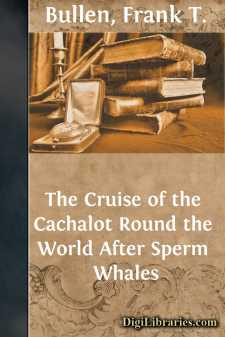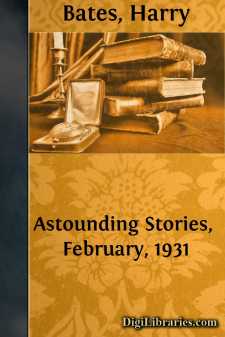Categories
- Antiques & Collectibles 13
- Architecture 36
- Art 48
- Bibles 22
- Biography & Autobiography 813
- Body, Mind & Spirit 138
- Business & Economics 28
- Children's Books 12
- Children's Fiction 9
- Computers 4
- Cooking 94
- Crafts & Hobbies 4
- Drama 346
- Education 46
- Family & Relationships 57
- Fiction 11821
- Games 19
- Gardening 17
- Health & Fitness 34
- History 1377
- House & Home 1
- Humor 147
- Juvenile Fiction 1873
- Juvenile Nonfiction 202
- Language Arts & Disciplines 88
- Law 16
- Literary Collections 686
- Literary Criticism 179
- Mathematics 13
- Medical 41
- Music 40
- Nature 179
- Non-Classifiable 1768
- Performing Arts 7
- Periodicals 1453
- Philosophy 64
- Photography 2
- Poetry 896
- Political Science 203
- Psychology 42
- Reference 154
- Religion 505
- Science 126
- Self-Help 81
- Social Science 81
- Sports & Recreation 34
- Study Aids 3
- Technology & Engineering 59
- Transportation 23
- Travel 463
- True Crime 29
That Boy Of Norcott's
by: W. Cubitt Cooke
Description:
Excerpt
CHAPTER I. THE TRIAL
Some years ago there was a trial in Dublin, which, partly because the parties in the cause were in a well-to-do condition of life, and partly because the case in some measure involved the interests of the two conflicting Churches, excited considerable sensation and much comment.
The contention was the right to the guardianship of a boy whose father and mother had ceased to live together. On their separation they had come to a sort of amicable arrangement that the child—then seven years old—should live alternate years with each; and though the mother's friends warmly urged her not to consent to a plan so full of danger to her child, and so certain to result in the worst effects on his character, the poor woman, whose rank in life was far inferior to her husband's, yielded, partly from habit of deference to his wishes, and more still because she believed, in refusing these terms, she might have found herself reduced to accept even worse ones. The marriage had been unfortunate in every way. Sir Roger Norcott had accompanied his regiment, the—th Dragoons, to Ireland, where some violent disturbances in the south had called for an increase of military force. When the riots had been suppressed, the troops, broken up into small detachments, were quartered through the counties, as opportunity and convenience served; Norcott s troop—for he was a captain—being stationed in that very miserable and poverty-stricken town called Macroom. Here the dashing soldier, who for years had been a Guardsman, mixing in all the gayeties of a London life, passed days and weeks of dreary despondency. His two subs, who happened to be sons of men in trade, he treated with a cold and distant politeness, but never entered into their projects, nor accepted their companionship; and though they messed together each day, no other intimacy passed between them than the courtesies of the table.
It chanced that while thus hipped, and out of sorts, sick of the place and the service that had condemned him to it, he made acquaintance with a watchmaker, when paying for some slight service, and subsequently with his daughter, a very pretty, modest-looking, gentle girl of eighteen. The utter vacuity of his life, the tiresome hours of barrack-room solitude, the want of some one to talk to him, but, still more, of some one to listen,—for he liked to talk, and talked almost well,—led him to pass more than half his days and all his evenings at their house. Nor was the fact that his visits had become a sort of town scandal without its charm for a man who actually pined for a sensation, even though painful; and there was, too, an impertinence that, while declining the society of the supposed upper classes of the neighborhood, he found congenial companionship with these humble people, had a marvellous attraction for a man who had no small share of resentfulness in his nature, and was seldom so near being happy as when flouting some prejudice or outraging some popular opinion.
It had been his passion through life to be ever doing or saying something that no one could have anticipated....














